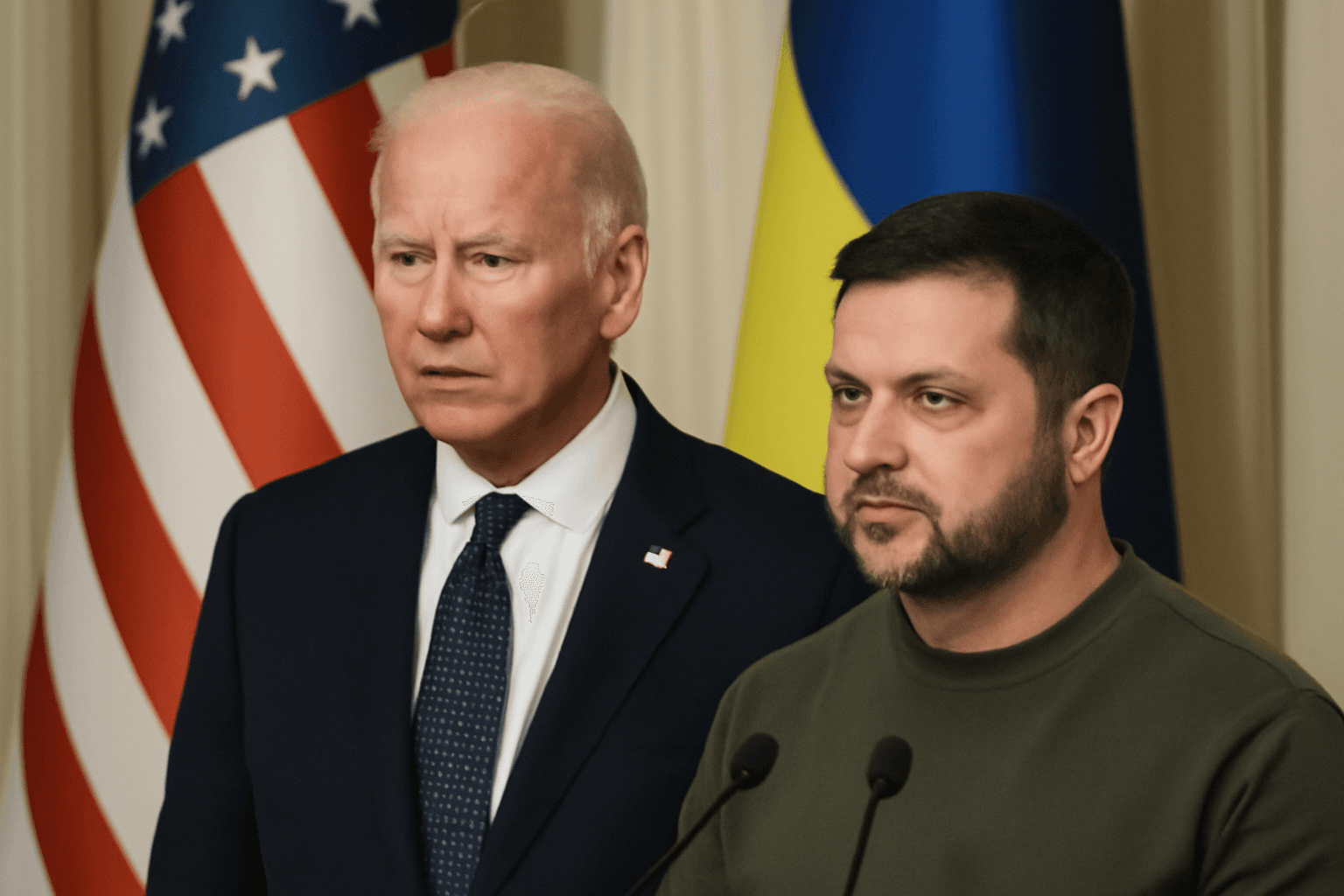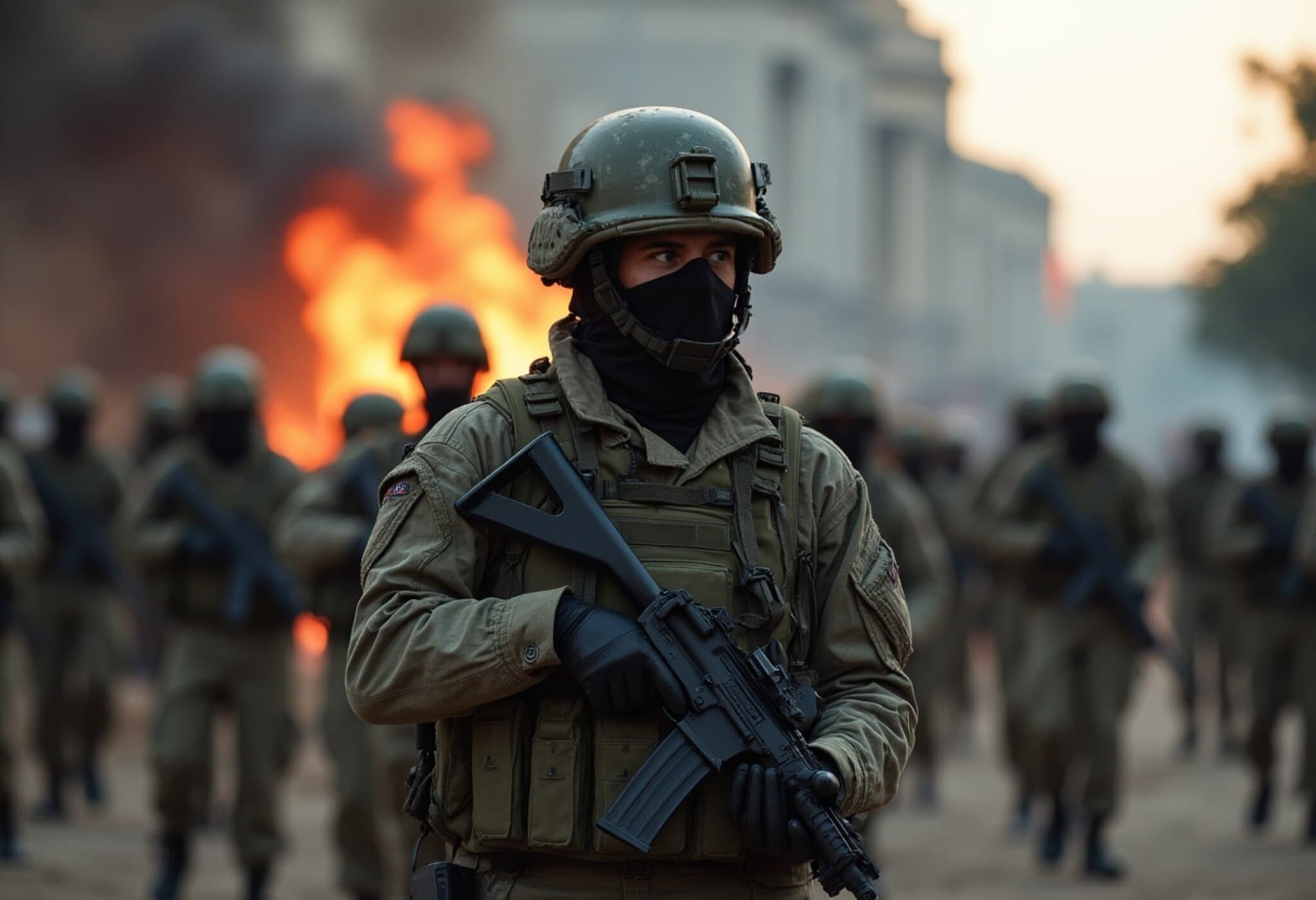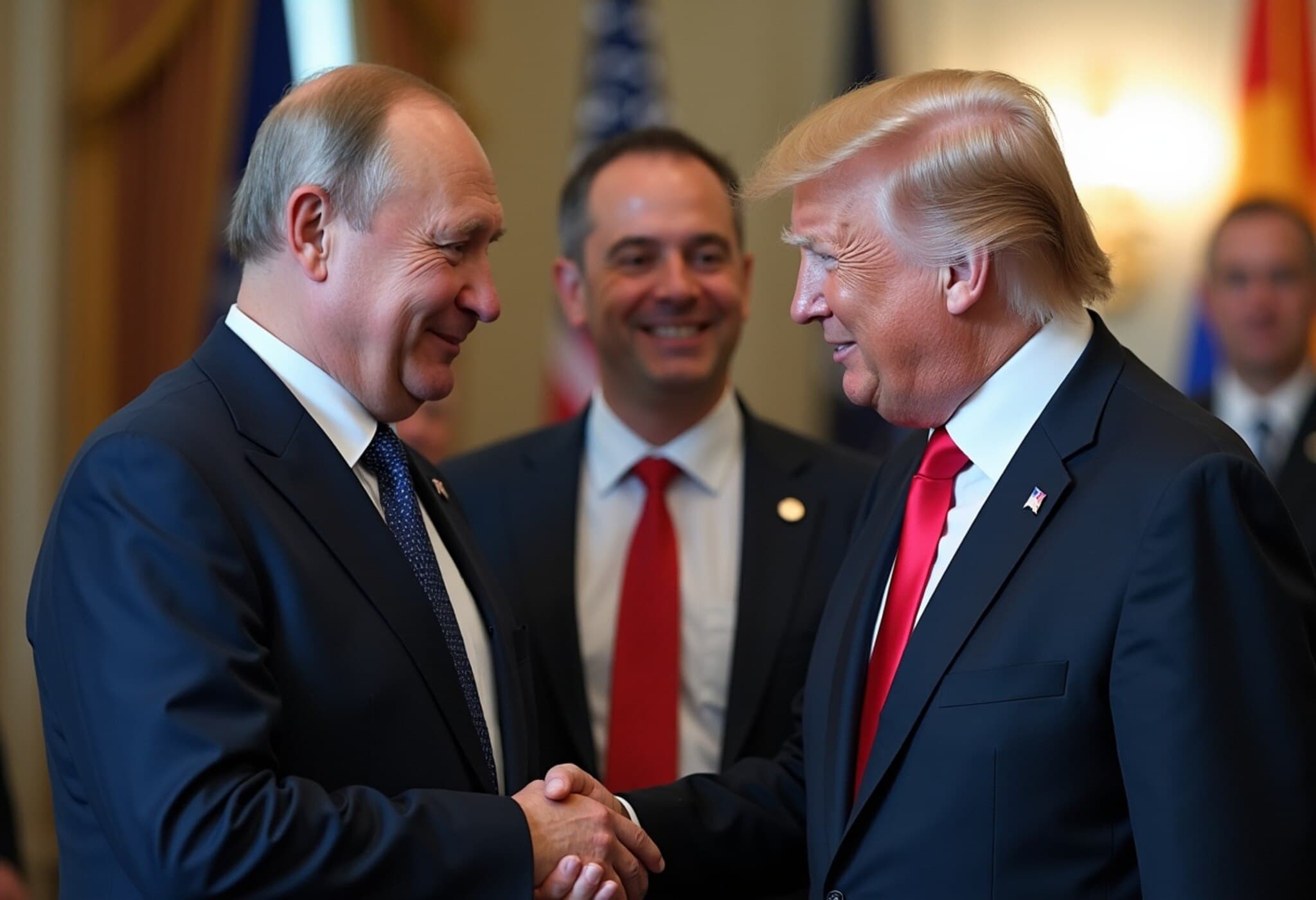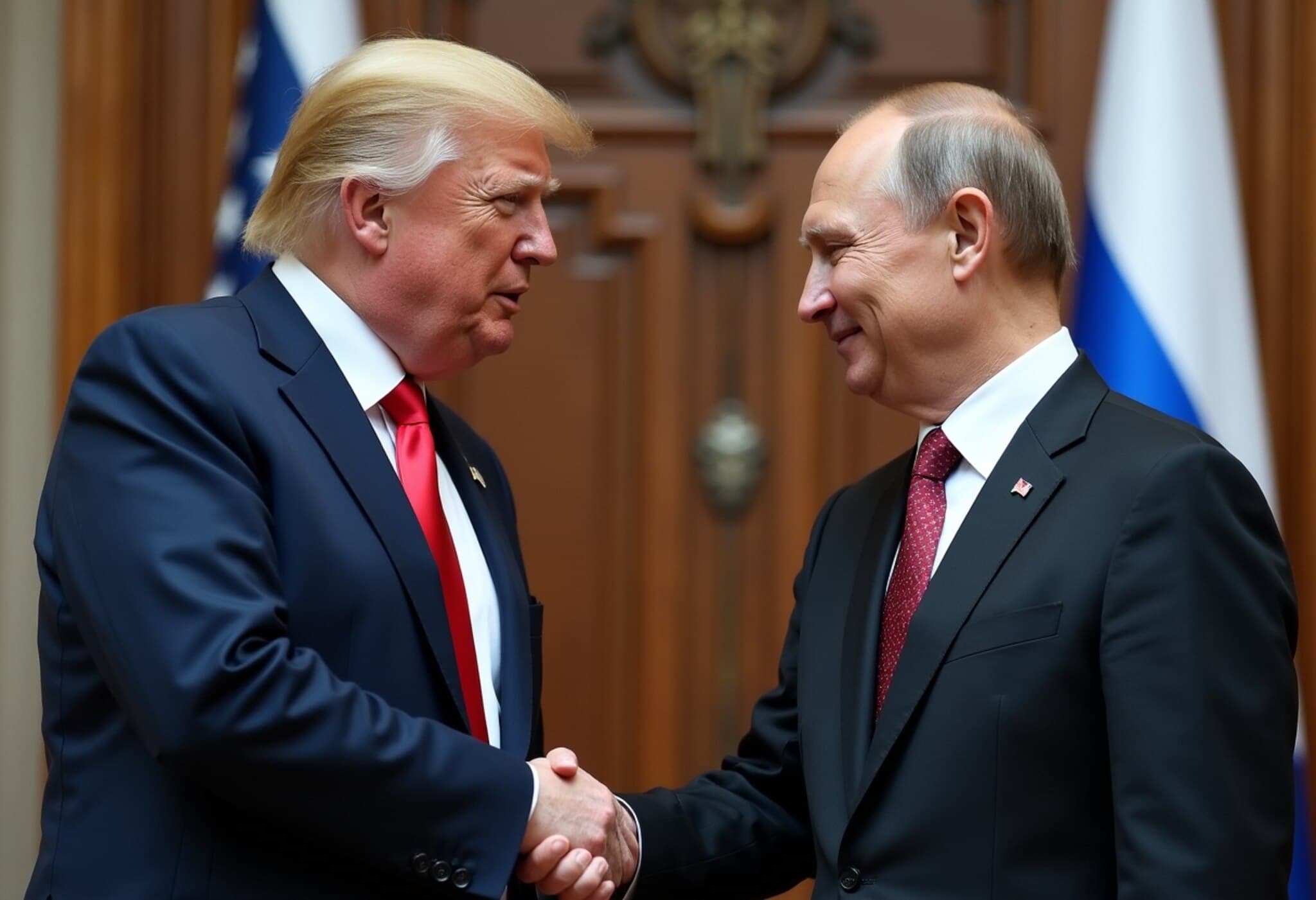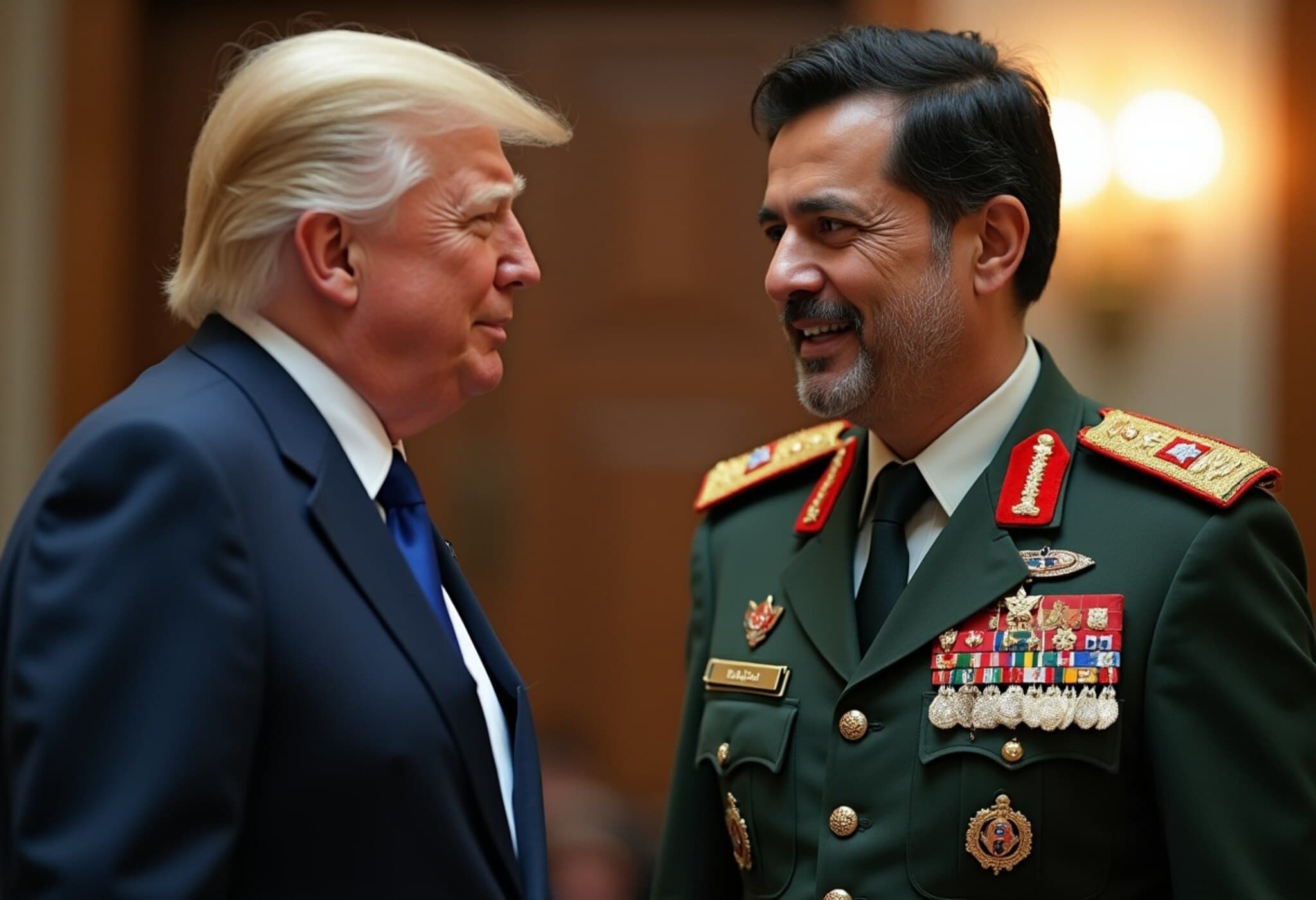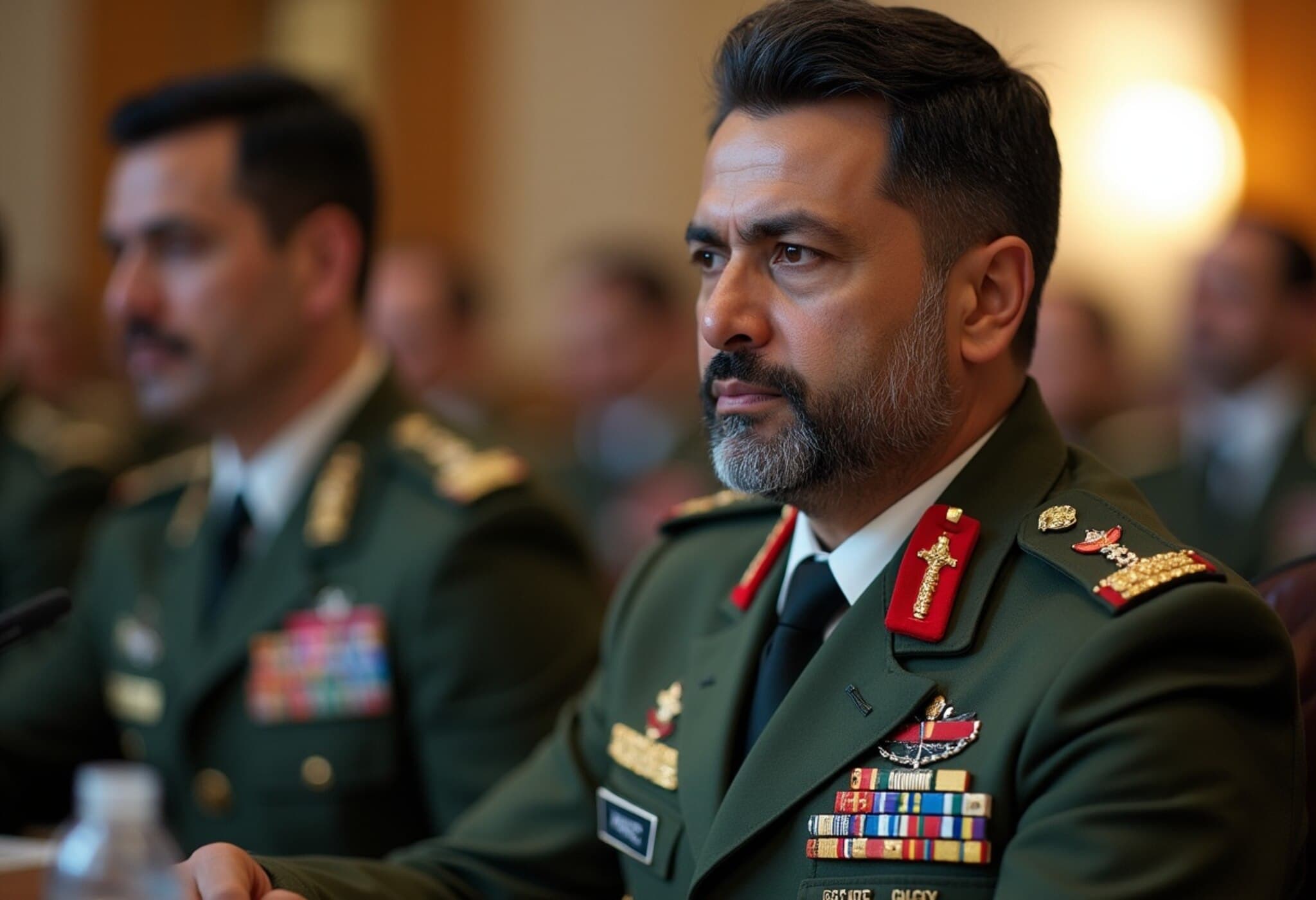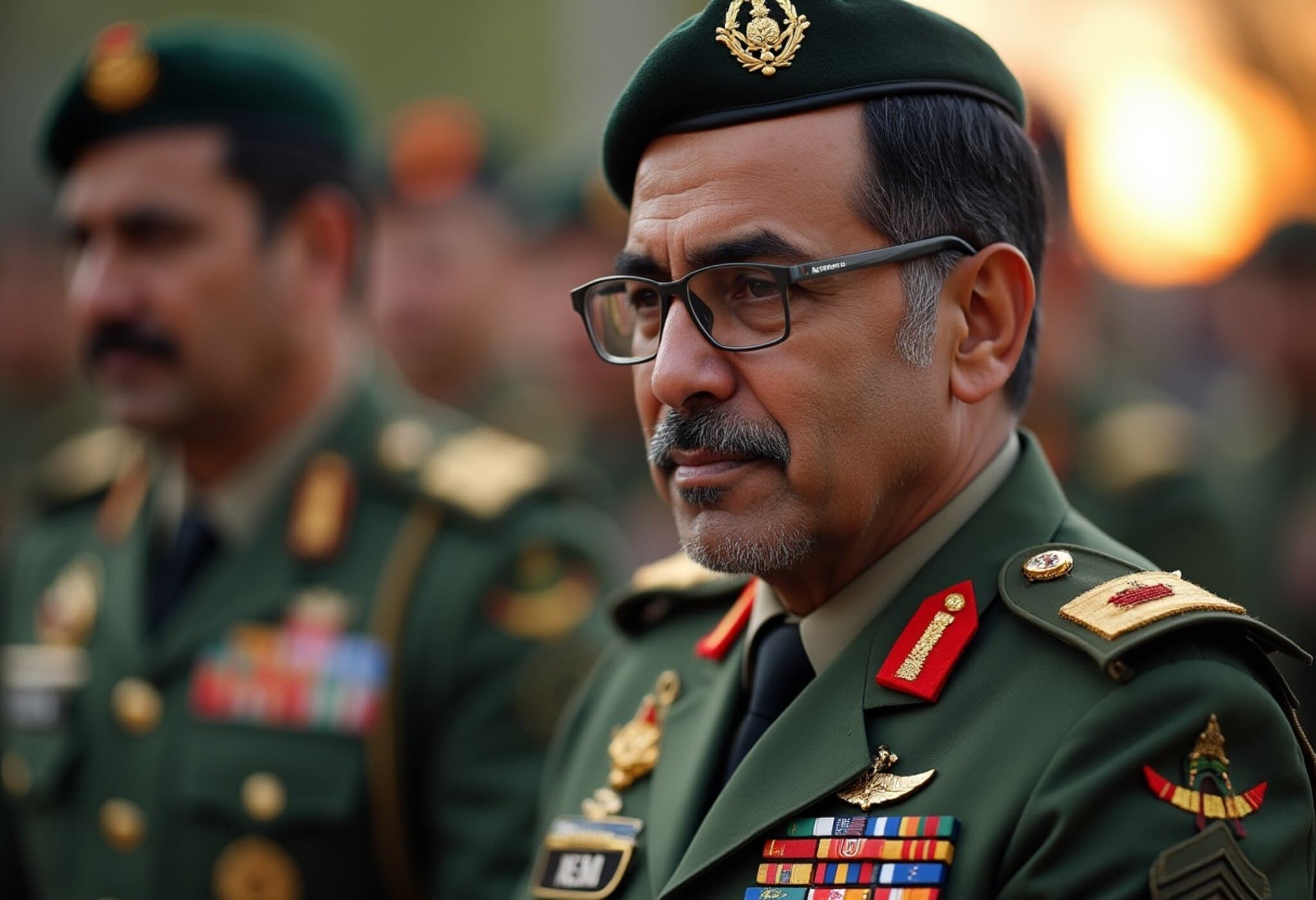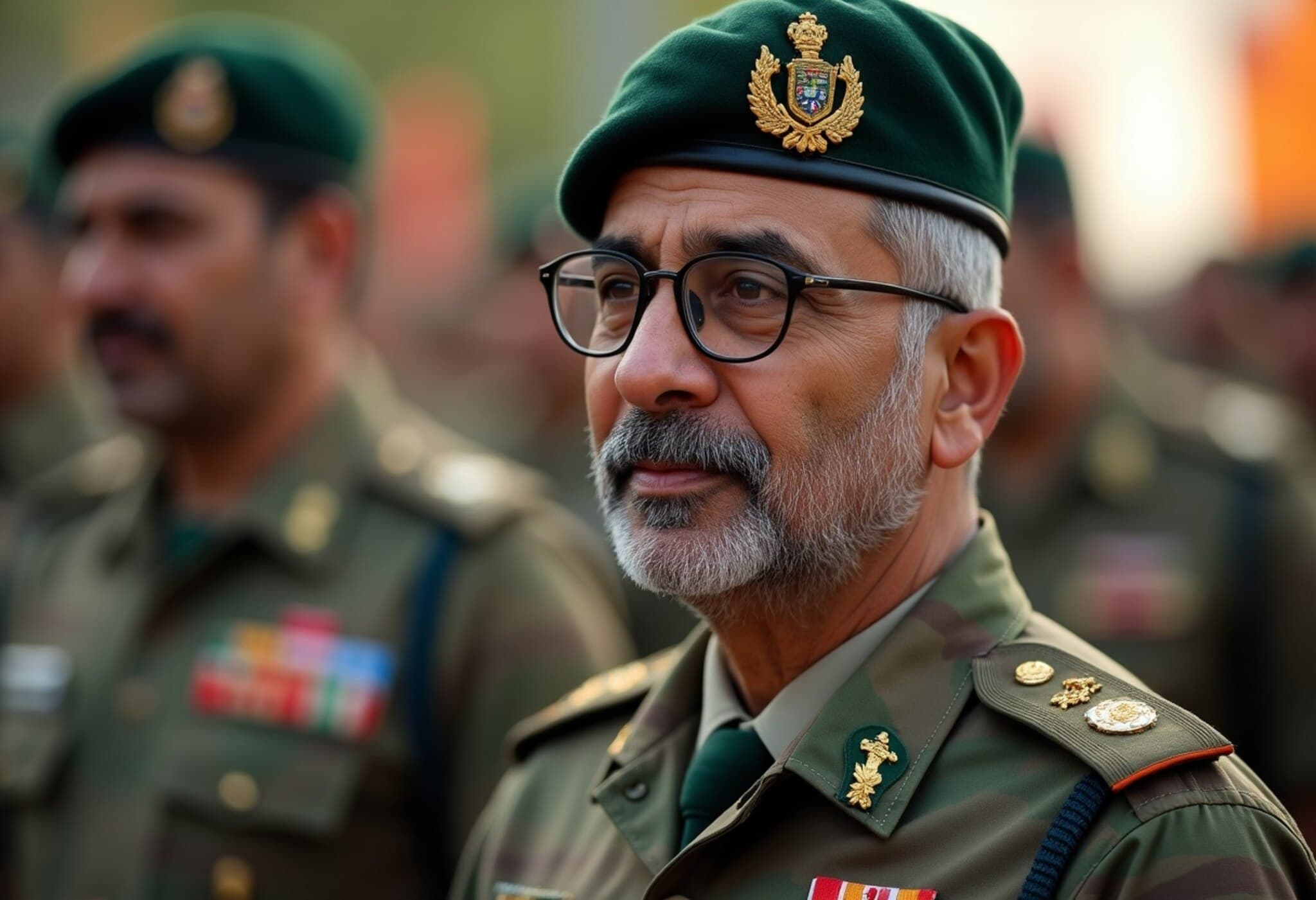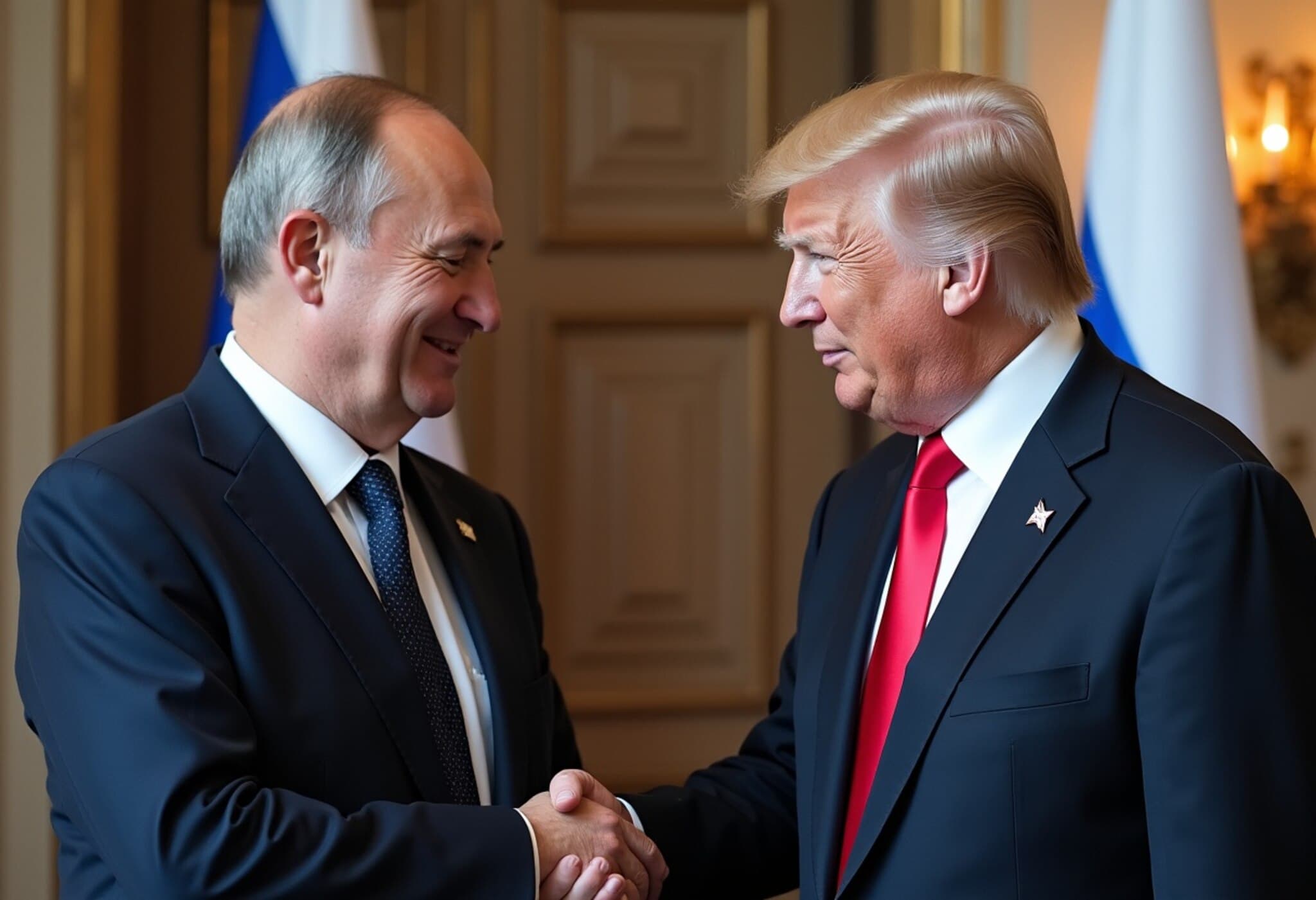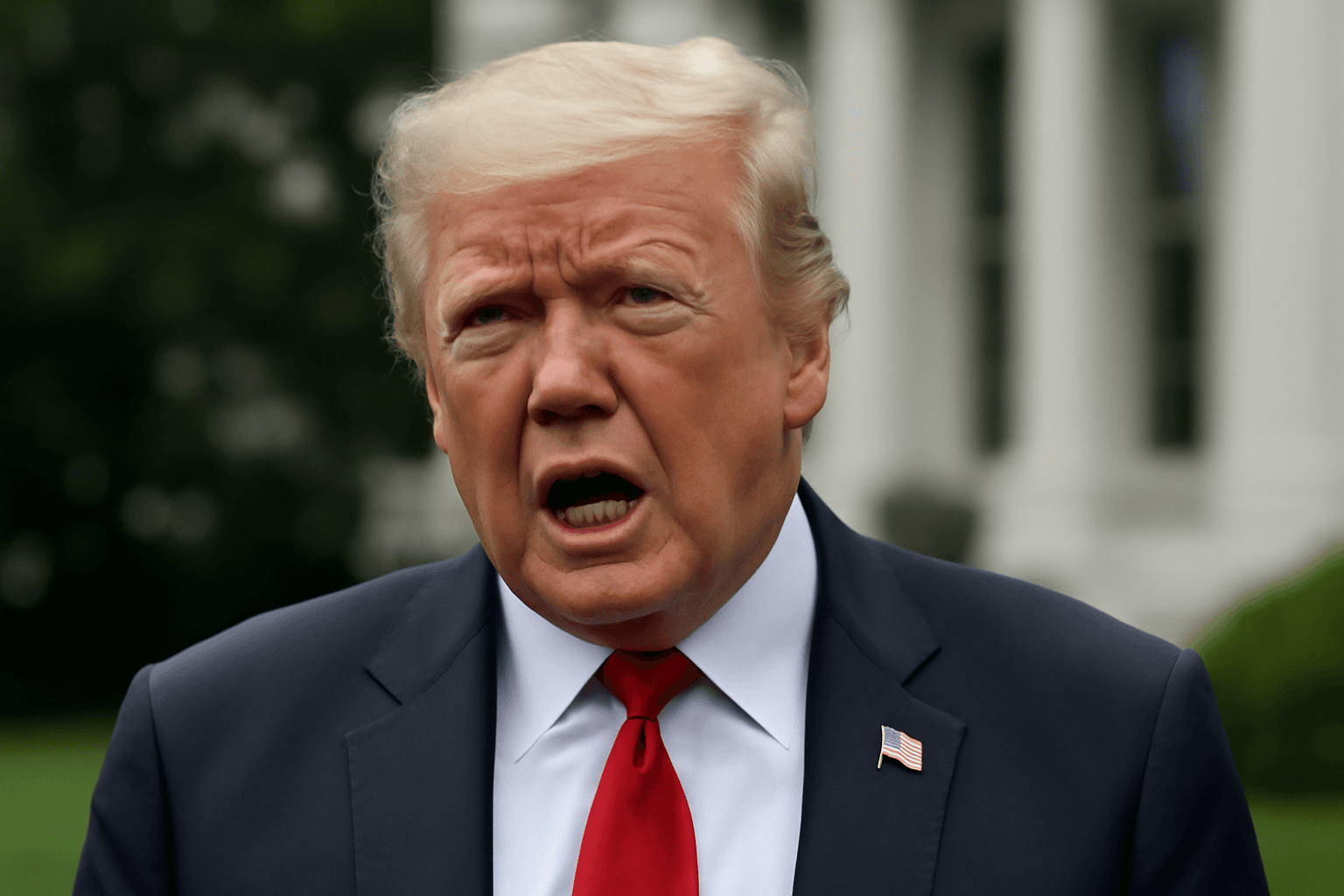US State Department Responds to Pakistani General's Nuclear Threats Made on US Soil
In a recent development stirring international attention, the US Department of State has confirmed awareness of alarming nuclear threat remarks made by Pakistan's Army Chief, Field Marshal Asim Munir, while on American soil. The statements, reportedly made during a private event in Florida, have raised fresh concerns about regional security and US-Pakistan diplomatic dynamics.
Details of the Threats and the US Reaction
Field Marshal Asim Munir allegedly issued stark warnings that if Pakistan were to face existential threats, it would not hesitate to cause widespread destruction, implying a readiness to unleash nuclear devastation. According to various reports, Munir declared, “We are a nuclear nation; if we think we are going down, we’ll take half the world down with us.” He specifically referenced India, threatening missile strikes aimed at damaging Indian infrastructure, such as dams on the Indus River, underscoring the strategic significance of water resources in Indo-Pak relations.
When Firstpost correspondent Madhur Sharma sought comments from the US Department of State about Munir's remarks made during his visit—organized under a US government invitation—the department stated, “We are aware of these reports and would refer you to the Government of Pakistan regarding Chief of Army Staff Munir’s alleged remarks.” The response notably refrained from further condemnation or detailed commentary.
Context: The Event and Munir's Visit
Munir's statements were made at a black-tie event hosted by businessman Adnan Asad in Tampa, Florida, coinciding with his attendance at the farewell ceremony of General Michael Kurilla, former head of US Central Command (CENTCOM). His visit symbolizes ongoing, albeit complex, military and diplomatic engagement between the US and Pakistan.
India’s Strong Rebuttal and Diplomatic Implications
India's Ministry of External Affairs (MEA) condemned Munir’s remarks, branding them as irresponsible nuclear sabre-rattling and criticizing the US for permitting such statements on its soil. The MEA stressed the connection between Pakistan's military and terrorist groups, warning that such rhetoric heightens global apprehensions about the security and control over Pakistan's nuclear arsenal.
“It is regrettable that these remarks should have been made from the soil of a friendly third country,” the MEA stated, urging the international community to consider the risks inherent in Pakistan’s military posture.
Broader US-Pakistan Relations Under Scrutiny
These developments arrive amid a complex phase in US-Pakistan relations. The Trump administration, in its second term, has shown increased engagement with Pakistan, including trade deals and strategic dialogues. Yet, tensions remain high due to issues such as tariffs on Pakistani goods and disagreements over regional military conflicts, including Operation Sindoor—which highlighted competing narratives around ceasefire negotiations.
The US decision to invite Munir, despite his controversial statements, opens a broader conversation about the balance Washington seeks between diplomatic engagement and addressing security concerns emanating from Pakistan’s military leadership.
Expert Insight: The Road Ahead
From a strategic standpoint, the nuclear threats articulated by Munir—especially while on US soil—underscore persistent volatility in South Asian geopolitics. Experts argue that such rhetoric, while perhaps intended as deterrence, risks exacerbating mistrust and destabilizing the fragile nuclear peace between India and Pakistan.
Moreover, the US, as a key player in global non-proliferation efforts, faces a delicate challenge: How to maintain constructive relations with Pakistan without tacitly endorsing inflammatory military posturing. The reluctance of the State Department to engage directly with Munir’s statements reflects the complexity of this diplomatic tightrope.
Conclusion
The incident illuminates the intricate interplay between military diplomacy, regional security, and international responsibility. As Pak-US relations evolve, the international community watches closely, hoping for restraint and renewed dialogue over escalation.
Editor's Note
Field Marshal Asim Munir's nuclear threats made from American soil raise pressing questions about the limits of diplomatic engagement and the oversight of military actors abroad. They challenge the US and Pakistan to confront the implications of nuclear rhetoric in an era demanding responsible leadership. Going forward, a critical inquiry remains: How will the US balance its strategic partnership with Pakistan while safeguarding regional and global security? And how might such episodes influence nuclear command credibility in volatile regions?


